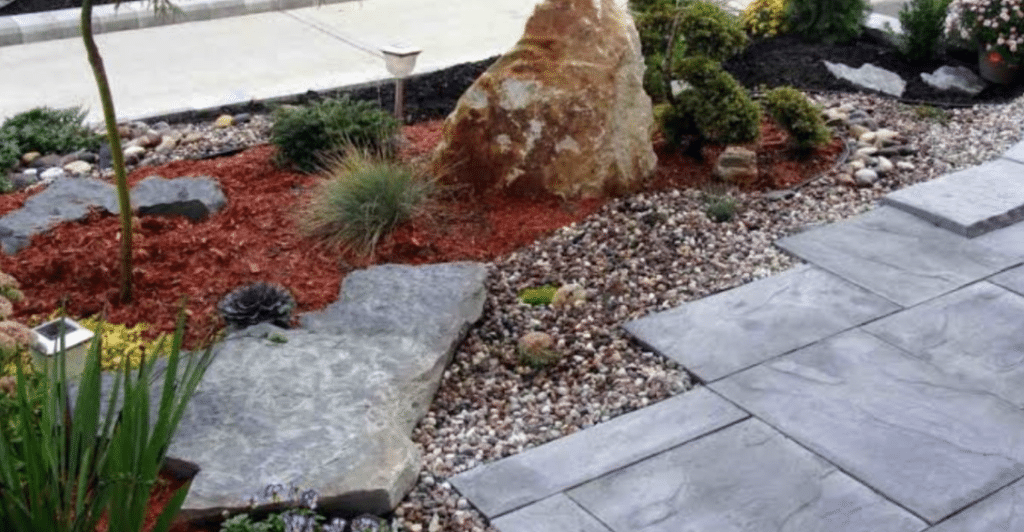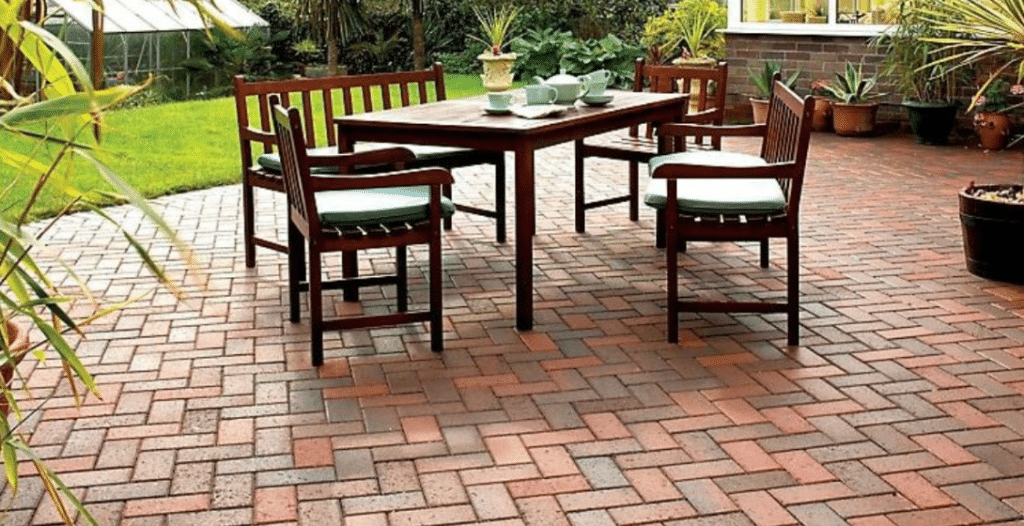Your drive is not just a route leading to the garage; it is the first impression of the house. The right paving doesn’t just enhance the curb appeal of your property, but it also increases in value. There are so many options out there that choosing your drive can be daunting.
It will depend on factors such as durability, maintenance, cost, and visual appeal, among many others. There are lists of pros and lists of cons for each different paving material concrete, asphalt, and pavers. Understanding these factors is The only way to make an informed decision that meets your needs and budget.
This overview looks at the most popular options in driveway paving and what they offer. We are looking at the pros and cons of each material so that you can be informed when choosing the perfect paving for your driveway.
Understand Your Driveway Needs
Understanding your driveway needs is the starting point toward choosing the appropriate paving material. Various factors have to be kept in mind, like the local climate, traffic use, and budget constraints. Consider how the driveway will be used for parking cars, as a children’s play area, or for heavy vehicles.
Aesthetic considerations also help determine your driveway needs. Think about the way it’s going to complement your exterior house design and overall landscape design. Local regulations and environmental factors are the last considerations that may influence your paving choice.
Common Paving Materials Explained
Common driveway paving materials are concrete, asphalt, and pavers. All of these have some unique properties, benefits, and drawbacks. Knowing what they are allows homeowners to make an informed decision based on specific needs, budgets, and tastes.
Concrete
Concrete is a versatile, very strong paving material suitable for driveways, available in different finishes, and ranging from smooth to stamped. It can be colored to give it an aesthetic appeal. Concrete driveways are tough, but they may develop cracks over time due to temperature changes.
Asphalt
Asphalt is the favorite choice for driveways because it is easy on the wallet and pretty fast to lay. It provides a smooth, dark area that absorbs heat very well, so it’s great for colder climates. Not as hard-wearing as concrete, asphalt is much easier to repair and maintain.
Pavers
They will be available in brick, concrete, or natural stone. This will bring flexibility into the design and allow replacement of units in case some get damaged. Paver driveways are great for good drainage and can enhance the curb appeal of a property.

The Benefits of Concrete Driveways
- Durability: A concrete driveway can survive for 30 years and more if the required maintenance is properly done. They are capable of withstanding heavy loads and face less damage from the oil and other lubricants of automobiles.
- Low Maintenance: It requires less maintenance than other materials. It only needs cleaning regularly and sealing it once in a while to keep it in good condition.
- Versatility in Designs: Concrete can be stamped, colored, or textured to resemble other materials. This flexibility gives many avenues for exploring different looks that complement the home exterior.
- Heat Reflectivity: The light color of concrete allows the sun’s rays to bounce off it and, therefore, keeps the driveway cool. Theoretically, this could further help with reducing cooling costs for homes in warmer climates.
Increased Value of a Home: Good concrete driveway installation enhances a property’s curb appeal. This may eventually increase the overall value of a home if one is to sell it.
Block Paving for Style and Versatility
Block paving offers both style and versatility when applied to driveways. The blocks are of different shapes, sizes, and colors, hence allowing a lot of creativity in terms of patterns and designs. With so many varied products available, it is easier not to match or complement the outside of your home.
It is also practical, exceptionally hard-wearing, and very easy to mend. If a block is damaged, it can simply be replaced without having to touch the entire driveway. In addition, gaps between blocks allow for natural spacing, therefore avoiding water runoff or puddles.

Explore Permeable Paving Solutions
These permeable paving solutions offer an environmentally friendly driveway construction methodology where the systems permit water to seep through the surface into the earth below. This contributes towards the natural drainage and helps minimize runoff, avoid floods, and recharge groundwater resources.
Permeable paving is classified into three major groups: porous asphalt, pervious concrete, and interlocking pavers. Of these, each has its advantages and beauty, suitable for various tastes and surroundings.
Maintenance Needs of Different Paving Types
That is the case; there are associated needs for maintenance with different kinds of paving so that they can be kept in good condition. Concrete driveways require very little maintenance and infrequent cleaning, with perhaps some sealing every few years.
Both block paving and gravel driveways have their private upkeep. Block paving can involve weeding and sanding joints from time to time, just to stay firm. Gravel drives will want raking and replenishment of loose stones regularly to maintain an even surface.
Final Thought
Choosing the right kind of paving for a driveway should be done after due consideration. In every paving alternative, there exist certain advantages and challenges. You can now make a better choice if you understand your specific needs, budget, and maintenance preferences.
Remember that the right paving will not only enhance the curb appeal of your home but also improve its functionality. Do your homework; if necessary, consult with the experts in the business, and with the right choice, your new driveway will serve you for years to come.
FAQs
What is the most resilient paving material for driveways?
Normally, concrete is regarded as most resistant, with a life expectancy of up to 30 years if well-maintained.
Are permeable paving options good for areas with high rainfall?
Yes, indeed, permeable paving is wonderful for highly precipitated areas since it lets the water drain as it should, letting it seep through, hence diminishing runoff and puddles.
How does the climate affect my driveway paving choice?
The climate is important; for instance, asphalt does well in cold climates, whereas concrete can be cracked from freeze-thaw cycles.

